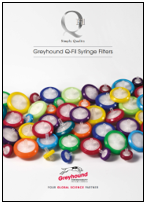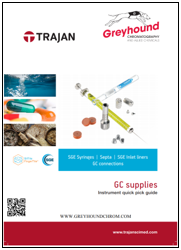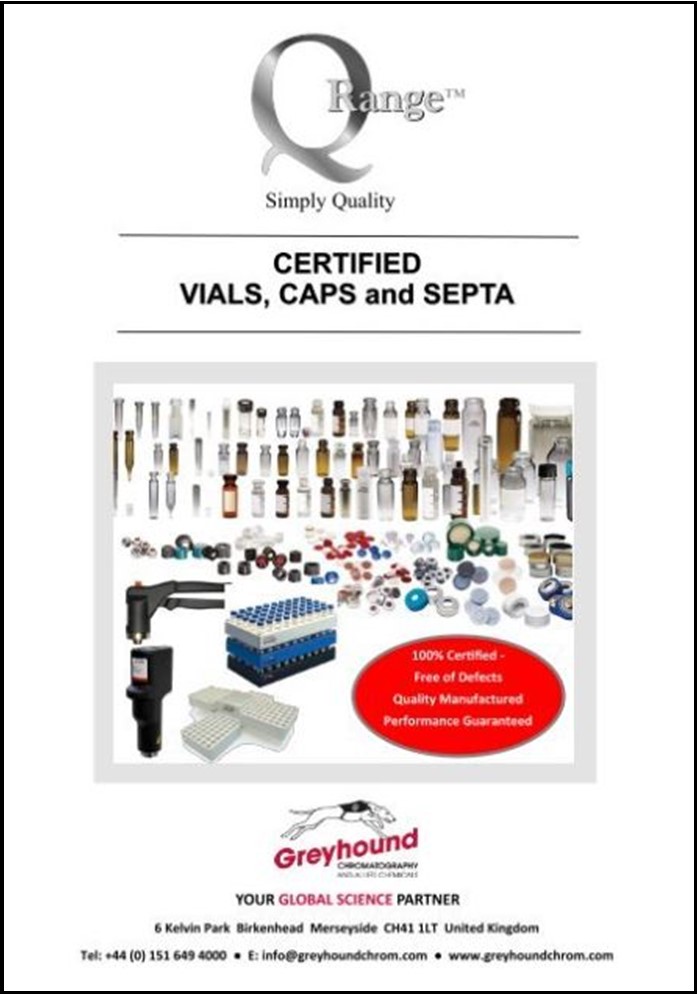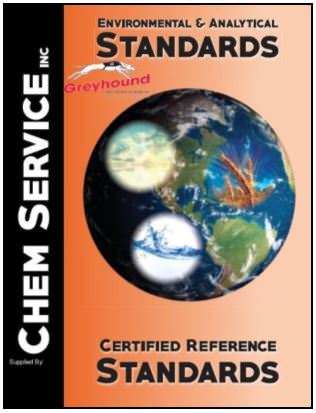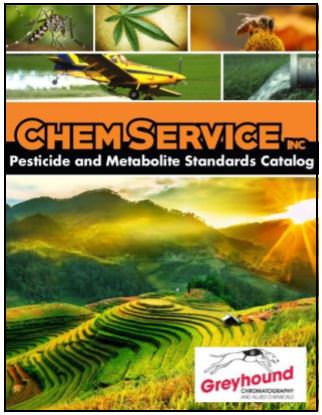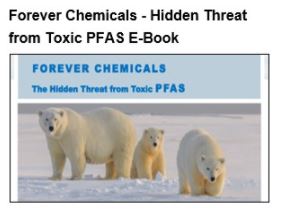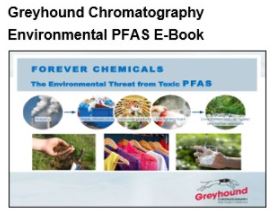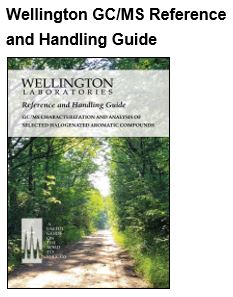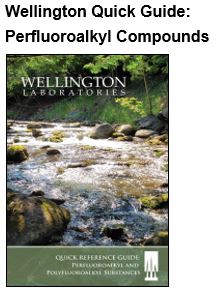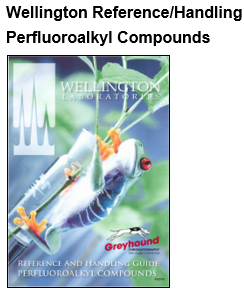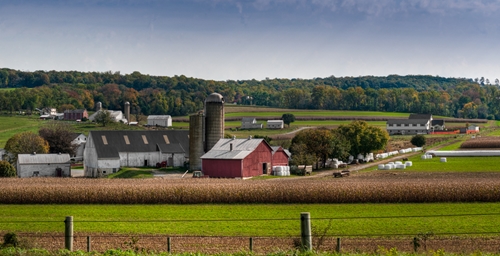
![]()
P
Pesticide News - Insecticides Can Increase Slug Damage to Crops
When farmers use pesticides they're trying to protect their crops from the insects, fungi and weeds that can ruin a harvest and year's worth of work. However, a new study from Pennsylvania State University explained that some pesticides may be strengthening one crop pest while killing another.
Published in the Journal of Applied Ecology, this new study found that some early season crop insecticides can lead to a greater number of slugs which ultimately creates more crop damage. The study included a number of laboratory and field experiments with slugs, soybeans, beetles and neonicotinoid insecticides.
Helping slug more than crops
The target of neonicotinoid pesticides is insects, like aphids, not slugs. However, using these pesticides actually may be replacing one threat with another. As these pesticides kill off insects, they give slugs space to dominate and thrive by feeding off the crops.
In one of the experiments the researchers conducted, they found that by killing insects, there were less predators for the slugs. This ended up with the crop yield decreasing by 5 percent in a quarter-acre soybean field. Soybean density in the field also dropped by 19 percent.
"Neonicotinoids are the most widely used insecticides in the world," Margaret Douglas, a graduate student in entomology at Penn State, explained in a statement. "Seed applications of neonicotinoids are often viewed as cheap insurance against pest problems, but our results suggest that they can sometimes worsen pest problems and should be used with care."
Additionally, using neonicotinoids can actually end up making slugs virtually invincible. The researchers found that the pesticide was absorbed in the slugs body and them protected it from predatory beetles. The beetles were killed about 60 percent of the time when they attacked slugs, drastically affecting the beetle population while allowing the slug population to continue unchecked.
"Slugs are among the most challenging pests faced by Mid-Atlantic no-till growers," John Tooker, associate professor of entomology at Penn State, explained. "Our research reveals that neonicotinoids can indirectly increase slug damage to crops by poisoning insects that eat slugs. As a result, crop yields are lower."
Slugs were also unharmed by fungicides that are commonly used. The scientists explained that slugs are immune to these insecticides and fungicides because they're mollusks, not insects and are therefore affected differently.
Why slugs are dangerous for crops
As Penn State's College of Agricultural Sciences explained, slugs can seriously damage field crops. They can eat seedlings completely preventing any growth from ever occurring as well as attacking more developed crops.
Whether it's roots, seeds, leaves or stalks, slugs will eat any part of many plants. They can ruin crops, like wheat, by killing the plant from the inside, hollowing it out, or others by damaging the leaves and hurting the overall yield.
Although the study was focused on Mid-Atlantic farmers and crops that they raise, slugs are a pest in a variety of fields and gardens. The University of California Statewide Integrated Pest Management Program explained slugs can also cause significant amounts of damage to strawberries, artichokes, tomatoes, citrus and other fruits.
Slugs are difficult to control in your field. Because of the significant damage that these pests can cause during the beginning of a plant's life, the university advised early methods and prevention to let the plants mature to the point where they're less at risk. Penn State pointed to methods of "outrunning" the risk of slugs by growing the crops quickly.
Tilling and avoiding using seed slots are also good methods to prevent slugs from establishing a foothold, but for no-till or minimal-till farmers, chemical molluscicides may be the best solution. Molluscicides are less commonly used than insecticides because they're expensive and less effective, Penn State explained. However, some are still effective.
One chemical management option is to use iron phosphate tablets. Many farmers take advantage of chemicals to create their own home remedies, Penn State explained.
"A common approach is to use a 30% urea-based nitrogen solution, mix it with an equal amount of water, and apply 20 gallons per acre. This tactic should be repeated a few nights in a row to maximize its effectiveness, because nitrogen solutions provide no residual control and all slugs in a field will not receive a killing dose in a single application," the university advised.
For over 40 years Greyhound Chromatography has been supplying high quality Chromatography consumables to laboratories around the world. Greyhound’s extensive range covers all areas of Environmental, Petrochemical, Food, Forensics, Chemical and Pharmaceutical analysis. Backed by a highly experienced technical services team, Greyhound is the preferred source amongst today’s analysts.
CONTACT US
Tel: +44 (0) 151 649 4000
Email: marketing@greyhoundchrom.com
FOLLOW US
YOU MAY ALSO BE INTERESTED IN OUR NEWSLETTER


